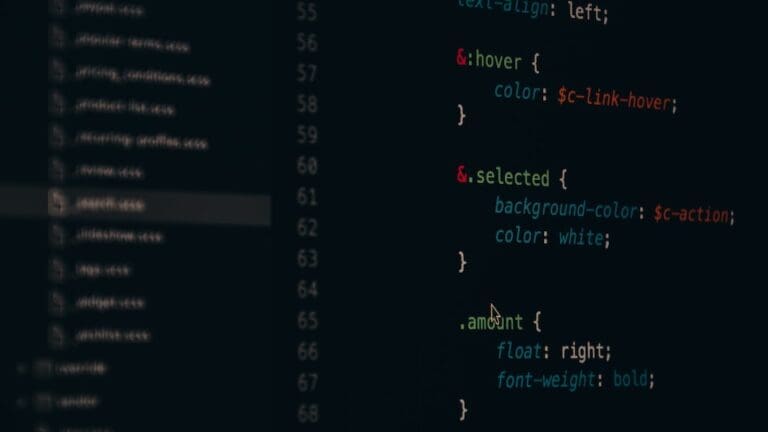One of the things that I love about the coding community is that software developers come from a diverse array of backgrounds. Despite the common assumption, they’re not all Computer Science grads. Personally, I studied Modern Languages and Philosophy at university and was all set for a career in journalism, before I discovered a passion for coding. Happily, my ongoing transition into tech and learning to code has been aided by a number of skills I acquired from my Arts degree, an advantage I hadn’t foreseen.
It may sound cliché, but my experience with programming so far feels a lot like learning French or Spanish. If you’ve ever mastered a foreign language from scratch, you know that attaining fluency requires hard work and patience: there are complex grammar rules and vocabulary to absorb, and the best way to improve is by immersing yourself in the culture—oh, and practicing relentlessly. It’s a tough journey, much like mastering common coding languages, where persistence is key. Whenever I see those misleading ads claiming ‘Learn Italian in Just 3 Weeks!’, it frustrates me. Language learners should understand that becoming proficient is a challenging and enduring commitment—some languages are more difficult than others. But the good news is that if you stick with it, the long-term rewards are priceless. I’m sure developers out there can relate!

Speaking of uphill journeys, I’ve found that a philosophical attitude comes in handy when you need to persist in the face of failure.
Philosophy students learn to accept that often there is no absolute answer or quick fix to a problem; after all, the most ancient, fundamental questions regarding our existence and purpose as human beings are still the subject of debate today. Good debating requires humble respect for your predecessors’ and peers’ theories, coupled with a keenness to analyse them in a critically constructive way. Ultimately it’s a team effort founded upon independent expertise coming together, not dissimilar to a collaborative coding project or ‘scrum’. A scrum, as I’ve recently discovered, is the software equivalent of an empirical philosophical debate (i.e. one based on evidence as opposed to abstract logic). Much like the philosopher who is ready to adapt their approach in accordance with new evidence, a scrum is able to respond to evolving technologies and changing demand on an ad hoc basis.

It would seem, ergo, that my Liberal Arts degree prepared me for a career in tech in multiple, unexpected ways. Had I studied Architecture, Botany, Chemistry, Divinity, or Economics, my approach would be totally different, but conceivably just as enriching.
The world can only benefit from diversity of expertise and experience in its software developers. Because coding is absolutely everywhere and, ideally, code should be written by people who understand the needs of the people it serves.
So whether you’ve a BA, an MSc, or an NCTJ to your name, learning to code could be for you. Alternatively, you might have no formal qualifications at all. But that’s no excuse not to give coding a try, on the contrary…
Lucy Sabin
Contributing writer, Lucy, is a well- travelled, multimedia communicator with a First Class degree from Durham University, including a year abroad in France and Spain. Currently she is learning to code and runs a blog, Secret Diary Of A Code Girl, to break down stereotypes and get more women into tech. Follow her journey by liking the Facebook Page !







